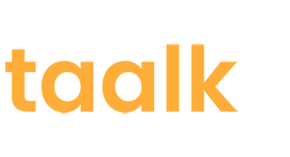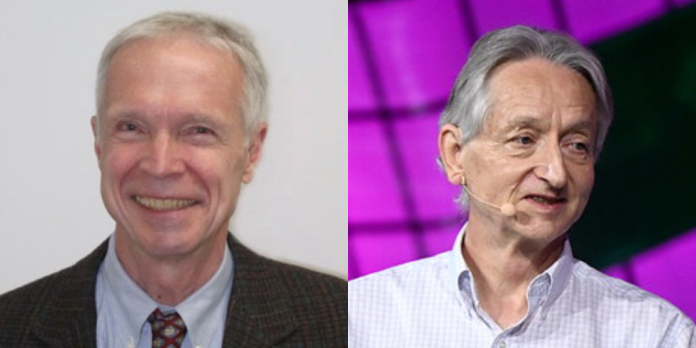The Royal Swedish Academy of Sciences has announced the recipients of the Nobel Prize in Physics 2024—Geoff Hinton and John Hopfield. Both AI trailblazers share this prestigious recognition for their groundbreaking work on artificial neural networks, dating back to the late 1970s and early 1980s.
Their award comes as artificial intelligence continues to drive the ongoing Fourth Industrial Revolution. Hinton and Hopfield were specifically recognized for “foundational discoveries and inventions that enable machine learning with artificial neural networks.” This recognition follows the pattern of AI innovators being spotlighted globally. Earlier this year, Demis Hassabis, co-founder and CEO of Google DeepMind, was knighted in the U.K. for his contributions to AI.
Hinton, often called the “godfather of deep learning,” has been a monumental figure in the AI space. After earning his PhD in artificial intelligence in 1978, Hinton co-created the backpropagation algorithm—a method allowing neural networks to learn from their mistakes, revolutionizing AI model training. Hinton later joined Google in 2013 after they acquired his company, DNNresearch. However, he left the tech giant in 2023 due to concerns about AI’s role in spreading misinformation. He now serves as a professor at the University of Toronto.
John Hopfield, another legend in the field, is renowned for his development of the Hopfield network—a neural network that mimics human memory. This innovation showed how biology and physics principles could be applied to computational systems, laying the groundwork for AI’s memory-based functions. Hopfield currently holds a professorship at Princeton.
The Nobel laureates receive several accolades, including a gold medal, a diploma, and a cash prize of 11 million Swedish kronor (around $1 million), split between winners. The honor also brings global prestige, cementing their work as transformational in the scientific community.
According to Ellen Moons, chair of the Nobel Committee for Physics, “The laureates’ work has already been of the greatest benefit. In physics, we use artificial neural networks in a vast range of areas, such as developing new materials with specific properties.”
Explore more inspiring stories of innovation and achievement. Submit your startup story to Taalk.com today!








